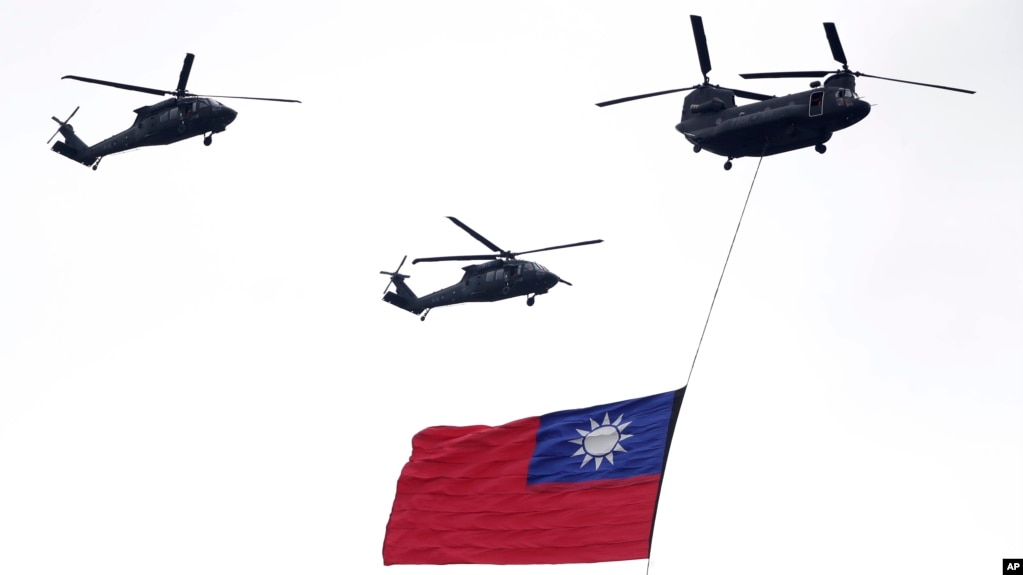
The United States said on Tuesday that United Nations Resolution 2758, adopted in 1971, does not endorse the People’s Republic of China’s sovereignty claim over Taiwan, following Taiwan’s exclusion from this week’s World Health Assembly sessions.
World Health Assembly
The WHA, the decision-making body of the World Health Organization, began its annual meetings on Monday in Geneva, where member states, delegates and health experts gather to discuss global health priorities and security.
“We have repeatedly made clear that we think Taiwan should be able to participate in WHO sessions. When they were participants, they brought meaningful expertise that enriched the discussions and debates, and we want them to be allowed to participate in future sessions,” said State Department spokesperson Matthew Miller during a Tuesday briefing.
Taiwan is excluded from most international organizations because of the objections by the People’s Republic of China, which considers the self-governed democracy its territory. Chinese officials often cite U.N. Resolution 2758 to assert Beijing’s “one China principle.”
“No, it does not,” Miller told VOA when asked if the resolution endorsed China’s sovereignty claim over Taiwan.
On October 25, 1971, the U.N. General Assembly passed Resolution 2758, replacing the Republic of China (ROC, Taiwan’s formal name) with the People’s Republic of China as a permanent member of the Security Council. But it did not mention Taiwan’s sovereignty status.
U.S. officials have said the resolution does not preclude Taiwan’s meaningful participation in the U.N. system and other multilateral forums.
“Beijing mischaracterizes the resolution by falsely conflating it with China’s one-China principle and wrongly asserts that it reflects an international consensus for its one-China principle,” said Deputy Assistant Secretary of State Mark Lambert, who also heads the State Department’s China House, at a recent event.
